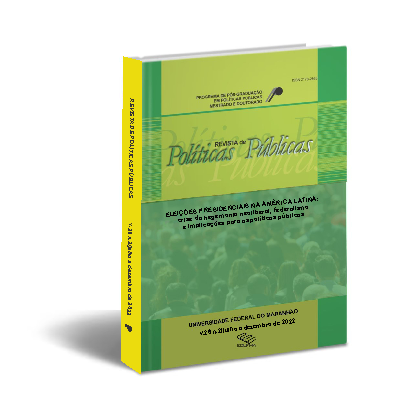DEMOCRATIC CRISIS AND INTERSECTIONALITIES OF EDUCATIONAL EXCLUSION POTENTIALIZED BY COVID-19 IN BRAZIL
DOI:
https://doi.org/10.18764/2178-2865.v26n2p742-759Keywords:
Democracy, education, intersectionality, educational exclusion, covid-19Abstract
The research aimed to understand and analyze the context and relationships between the democratic crisis and the intersectionalities of educational exclusion potentialized by COVID-19 in Brazil. The questions are: what are the relationships established between democracy and education in the face of the pandemic?; How has the democratic and social crisis created in Brazil at the time of a pandemic intensified the educational exclusion of children and young students from public schools? Among the sources, bibliographic materials and data from the Brazilian Yearbook of Basic Education were used. It notes that the society project established by the President of the Republic Jair Messias Bolsonaro in 2019 put Brazilian democracy at risk; it instituted financial cuts in education and made social public policies unfeasible for students to access and stay in public schools. The most affected by the educational exclusion scenario were black, brown and indigenous children and young people who live in families that receive less than one minimum wage per month, and live in the North and Northeast regions of Brazil.
Downloads
Downloads
Published
How to Cite
Issue
Section
License

This work is licensed under a Creative Commons Attribution-NonCommercial-NoDerivatives 4.0 International License.
UNIVERSIDADE FEDERAL DO MARANHÃO
PROGRAMA DE PÓS-GRADUAÇÃO EM POLÍTICAS PÚBLICAS
REVISTA DE POLÍTICAS PÚBLICAS
Termo de Transferência de Direitos Autorais
Como condição para a submissão, os autores devem declarar a autoria do trabalho e concordar com o Termo de Cessão de Direitos Autorais, marcando a caixa de seleção após a leitura das cláusulas)
- Declaro que participei da elaboração do trabalho referido, em parte ou no todo; que não omiti qualquer ligação ou acordo de financiamento entre os autores e instituições ou empresas que possam ter interesses na publicação desse trabalho;
- Declaro tratar-se de texto original, isento de compilação, em parte ou na íntegra, de minha autoria ou de outro (os) autor (es);
- Declaro que o texto não foi enviado a outra revista (impressa ou eletrônica) e não o será enquanto a possibilidade de sua publicação esteja sendo considerada pela RPP;
- Declaro que transfiro os direitos autorais do trabalho especificado para a RPP, comprometendo-me a não reproduzir o texto, total ou parcialmente, em qualquer meio de divulgação, impresso ou eletrônico, sem prévia autorização dessa Revista.
- Declaro que tenho conhecimento que a cessão do texto à RPP é gratuita e, portanto, não haverá qualquer tipo de remuneração pela sua utilização.

Este obra está licenciado com uma Licença Creative Commons Atribuição-NãoComercial-SemDerivações 4.0 Internacional.







